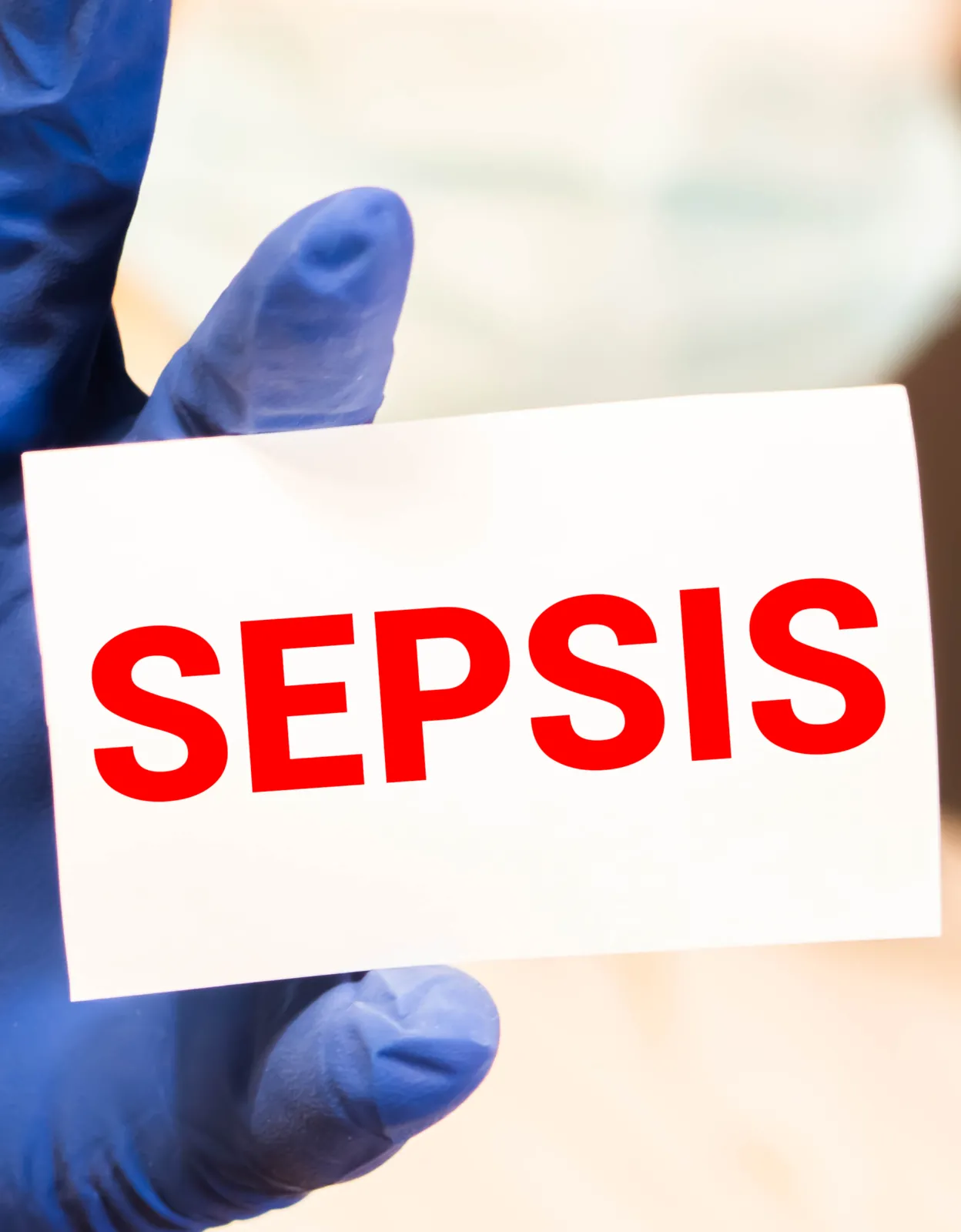25 Oct 2025
Recommended
Minimum 30 mins
Course
Access
Certification
Voiceover

Sepsis Awareness and Management for Social Care Professionals is a comprehensive training course designed to equip social care staff with the knowledge and skills needed to recognise and respond effectively to sepsis, a life-threatening medical emergency caused by the body’s extreme response to infection.
Aligned with current UK clinical guidelines and best practice, the course highlights the importance of early detection, timely escalation, and effective communication. It covers the signs and symptoms of sepsis, risk factors among vulnerable individuals, and the crucial role of social care professionals in observing subtle changes in a person’s condition.
Learners will gain an understanding of the escalation process, how to work in partnership with healthcare teams, and how to provide support to individuals recovering from sepsis. This training empowers social care professionals to take timely and appropriate action, improving outcomes and potentially saving lives.

 £25
£25
Learning Outcomes.
By the end of this course,participants will be able:
To define sepsis and differentiate it from infection, identify common sources and causes, and understand its impact on vulnerable populations and social care settings.
To recognise the early warning signs and typical as well as atypical symptoms of sepsis in adults, older adults, and individuals with complex needs in social care environments.
To apply observational tools such as the adapted NEWS2 and identify soft signs of deterioration to support timely recognition and escalation of sepsis in non-clinical settings.
To understand the importance of early escalation, follow appropriate procedures for seeking emergency help, and apply legal and ethical principles in sepsis-related decision-making.
To implement effective infection prevention and control strategies, including hand hygiene, environmental cleanliness, vaccination promotion, and safe management of wounds, catheters, and medical devices.
To support individuals recovering from sepsis by understanding post-sepsis syndrome, identifying ongoing care needs, promoting mental wellbeing, and working collaboratively with families and carers.
Course
Contents.
01
An introduction to what sepsis is, including current UK definitions (as per UK Sepsis Trust and NICE), its progression from infection, and why it is a time-critical condition in care settings.
03
Explains the clinical difference between a localised infection and systemic sepsis. Provides simple frameworks to support social care staff in recognising escalation.
05
Covers the early warning signs and red flag symptoms of sepsis in adults, older people, and those with communication difficulties, based on UK Sepsis Trust and NICE guidance.
08
Outlines clear protocols for escalating sepsis concerns in social care, including when to call 111, 999, or involve the GP. Emphasises timely action and clear documentation.

06
Focuses on how sepsis may present differently in the frail elderly or people with dementia, including subtle changes in behaviour, mobility, or appetite.
09
Presents standard infection control measures such as hand hygiene, vaccination, wound care, and safe use of invasive devices to prevent infections that can lead to sepsis.
02
Outlines common risk factors for sepsis, including age, comorbidities, and immunosuppression. Highlights groups at higher risk in social care, such as older adults and individuals with complex needs.
04
Explores the consequences of delayed recognition, including hospital admissions, long-term disability, and mortality. Highlights the specific impact on care settings and staff responsibilities.
07
Introduces simplified tools such as NEWS2 adaptations for care settings to monitor vital signs and escalate concerns appropriately.
10
Details post-sepsis syndrome, common ongoing care needs, and how to support recovery through person-centred rehabilitation, family involvement, and communication with healthcare providers.
This course equips social care professionals with the knowledge and skills to recognise and respond to sepsis, in line with UK clinical guidelines. It highlights the importance of early detection, timely escalation, and the vital role of social care staff in identifying sepsis symptoms and risk factors. Participants will learn how to support early intervention and collaborate effectively to improve outcomes for individuals at risk.
 Summary
Summary


